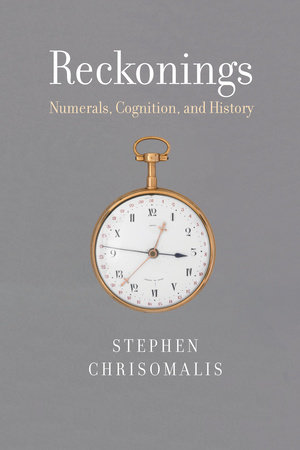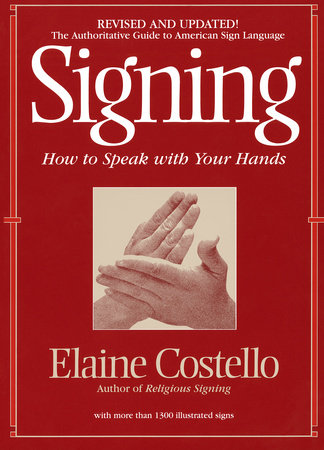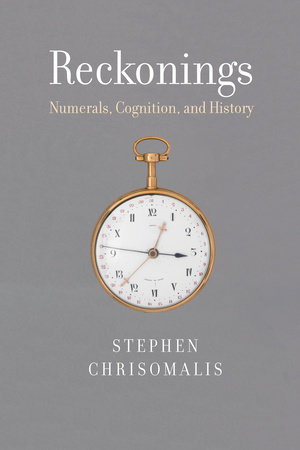

Reckonings
By Stephen Chrisomalis
By Stephen Chrisomalis
By Stephen Chrisomalis
By Stephen Chrisomalis
Category: Nonfiction
Category: Nonfiction

-
$35.00
Dec 15, 2020 | ISBN 9780262044639
-
Dec 15, 2020 | ISBN 9780262360876
YOU MAY ALSO LIKE

Creation

High School Chemistry Unlocked

Signing

Arrival of the Fittest

Physics Made Simple

On the Origin of Species
Praise
“For a fresh account of the hows and whys of evolving number systems over the past 5500 years and on into the future, here’s a book by cognitive anthropologist Stephen Chrisomalis. His threefold approach in Reckonings is to examine number with respect to structure, purpose, and transience, and in doing so, he cautiously avoids overgeneralizing, ever mindful that the Latin maxim exceptio probat regulam ought to be translated as ‘the exception probes the rule.’ Thus, Chrisomalis habitually inserts curious richness into his narrative.”
—The Mathematical Intelligencer
“Stephen Chrisomalis has written a compelling and thoroughly entertaining account of how numbers came to be used and represented. [. . . ] I strongly recommend this book for readers interested in the broad sweep of human history from an information lens. [. . . ] Reckonings serves as an enlightening example of how the fundamentals of information cannot be understood by a single discipline.”
—Information & Culture
“Reckonings is one of those oddities in academia. A highly specialist, niche publication that somehow manages to be entertaining and relevant for people who have little expertise or interest in the central topic. [ . . . ] Like a good ethnographic account, the headline is merely the starting point for an interrogation of society. Chrisomalis uses numbering systems to explore broader issues of cognition and culture. [ . . . ] Reckonings takes its readers on an historical tour to understand important changes in the use of number systems that is an exemplar for how we might integrate diachronic and synchronic data and methodologies to better understand change in any cultural system.”
—Journal of the Royal Anthropological Institute
“Chrisomalis has written a compelling and thoroughly entertaining account of how historically numbers came to be used and represented. The book serves as an enlightening example of how the fundamentals of knowledge cannot be understood by a single discipline; they require the complementarity of several knowledge fields such as philosophy, sociology, and education. We strongly and enthusiastically recommend this book to all readers interested in the broad understanding of human history, as well as the history of human mathematics, from these informational lenses.”
—Journal of Humanistic Mathematics
“The book has the tone of public scholarship á la Steven Pinker or Jared Diamond rather than a volume exclusively for professional anthropologists, although its material may be challenging for the average reader. For anthropologists, it also achieves two other noteworthy things: it supports and offers a method for cross-cultural and transhistorical comparison (transcending the universalist/particularist dichotomy), and it urges anthropology to take number systems more seriously rather than consigning them to a distant second place behind language.”
—Ethos
Table Of Contents
Acknowledgements
Introduction: three reckonings
Note: On “Western numerals”
1 / I The limits of numerical cognition
2 / II Conspicuous computation
3 / III The decline and fall of the Roman numerals, I: Of screws and hammers
4 / IV The decline and fall of the Roman numerals, II: Safety in numbers
5 / V Number crunching
6 / VI How to choose a number
7 / VII To infinity and beyond?
Notes
Bibliography
Index
21 Books You’ve Been Meaning to Read
Just for joining you’ll get personalized recommendations on your dashboard daily and features only for members.
Find Out More Join Now Sign In










